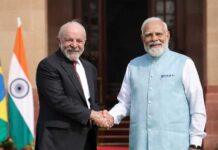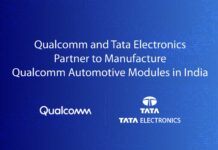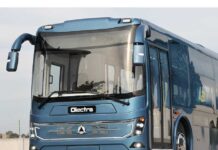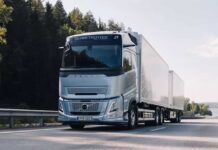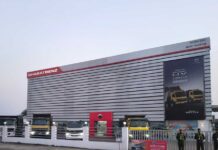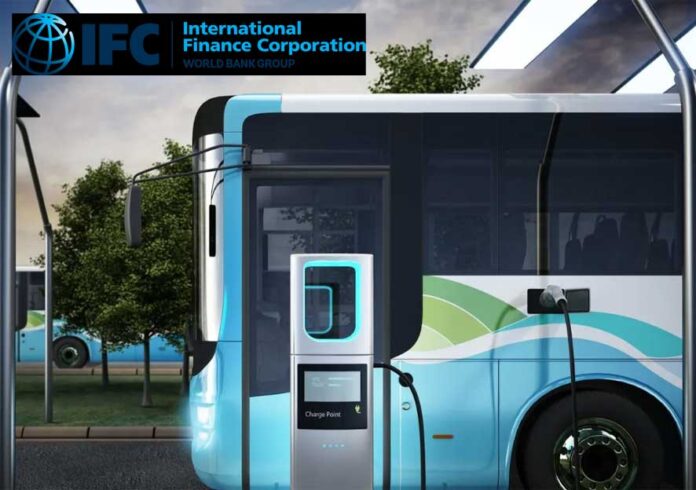
In a major push toward electrifying public transport in India, the International Finance Corporation (IFC) has announced significant investments to accelerate the adoption of electric buses and urban mobility solutions.
IFC will provide $37 million in mezzanine capital to GreenCell Mobility, India’s largest OEM-agnostic e-bus operator, backed by Eversource Capital, and $100 million to JBM ECOLIFE, a key electric bus manufacturer and operator under JBM Auto Limited. In total, IFC is investing $137 million across both companies.
These investments will enable the deployment of approximately 4,000 electric buses and supporting charging infrastructure across 39 municipalities in states including Maharashtra, Assam, Gujarat, Andhra Pradesh, Bihar, Madhya Pradesh, Puducherry, and New Delhi. The initiative is expected to create up to 12,000 jobs, with a strong focus on women’s employment and inclusion.
In a market first, the projects pioneer the use of a formal ‘Payment Security Mechanism’ (PSM) to mitigate payment risks associated with municipal and state transport undertakings, enhancing the bankability and replicability of future e-bus projects. The World Bank Group has supported the Government of India to develop a bankable master concession agreement, to tender the municipal concessions under the national bidding approach, PM eBus SEWA (a government initiative to promote electric buses), in addition to supporting the operationalization of the PSM.
Dhanpal Jhaveri, Vice Chairman and CEO, Eversource Capital said, “We are pleased to deepen our partnership with IFC through this investment in our portfolio company, GreenCell Mobility, which represents a pivotal step in advancing India’s clean transport transition. It reflects shared conviction in the scalability of zero-emission, commercially viable platforms that can redefine public transit. GreenCell has consistently delivered across critical dimensions—fleet expansion, rigorous safety standards, disciplined asset management, digital integration, and inclusive employment. This funding underscores how catalytic private capital, when aligned with global institutional expertise, can drive innovation and build resilient systems that deliver long-term value to commuters, cities, and investors alike. Together, we remain committed to accelerating the transition to sustainable mobility nationwide.”
Makhtar Diop, MD, International Finance Corporation said, “E-mobility is the future and with our investments in top-tier e-bus players like GreenCell and JBM, the future is now. Together, we are setting benchmarks for sustainable urban transport that is resilient, commercially viable, and globally replicable. By leveraging innovative financial structures, and reliable payment guarantees we are mobilizing private capital at scale, geared towards emerging sectors. India’s leadership and ambition is not only accelerating the country’s own transition but also setting new standards for how cities worldwide can structure and finance the next generation of mobility.”
With 800,000 public buses and 1.2 million private buses in operation, India represents a substantial market for electrification.
Nishant Arya, Vice Chairman and MD, JBM Auto Limited, “Over the last three years, we have successfully deployed our zero-emission public mobility solutions across various cities pan India. With trusted partners like IFC supporting this initiative, we are all set to augment the electric bus deployment with enhanced agility and scale. Our new-age electric buses, along with our fully integrated operations across the entire e-bus operations and charging value chain, will continue to lead India’s e-mobility momentum toward taking clean public mobility solutions to the grassroots level.”
These investments are part of the World Bank Group’s effort to further accelerate e-mobility, reduce transport emissions, and position India as a global EV manufacturing hub, while aligning with key government initiatives and the Production-Linked Incentive (PLI) programs. We aim to deepen our engagement with subnational entities and support India’s ambition to build thriving, sustainable, and future-ready cities.


